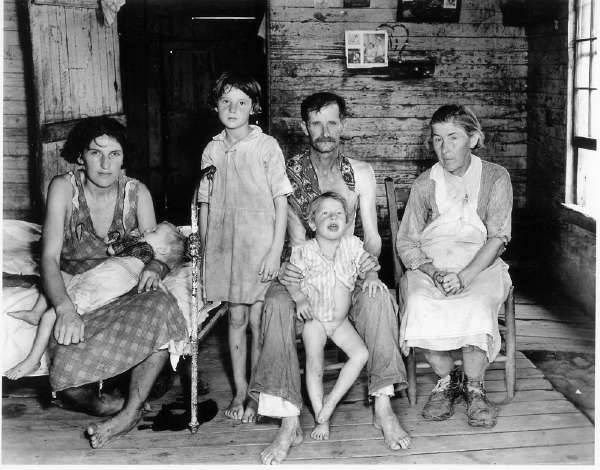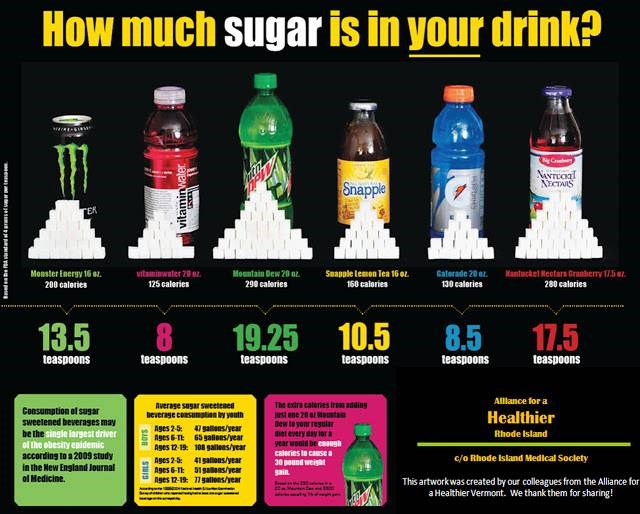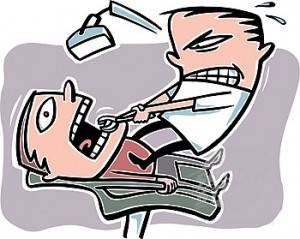"The Art of Seeing"
By Michael Milton
Recently, my ninety-five-year-old father was visiting me here in New York from sunny southern California. He is nearly deaf, so we don't converse much. We often watch television together, usually protracted golf games, a sport conducted mostly in silence, other than the announcer's whispered play-by-play reportage.
In truth, we never conversed much when I was growing up. I do not hold this uncommunicativeness against him. I would imagine it is partly a generational thing; my Dad, born in 1923, was a child of the Great Depression. Many people suffered those years in proud silence, a habit, perhaps, which accompanied them into their later lives.

My image of the Depression was formed by stories my parents and grandparents shared with me. I was simultaneously fascinated and horrified; this had happened here in America and could, I supposed, happen here again. I also poured over books filled with black and white photos taken during that period; families sitting on sagging front porches, the occasional individual who found the energy to smile more often than not revealed their few remaining teeth to be uneven and discolored. Americans had more to worry about in the late 1920s and into the mid-1930s than the state of their grinders.
On the last night of his visit, my father and I were sitting quietly in his hotel room on the Upper West Side and he asked me, apropos of nothing and quite innocently, "Do you still have all of your teeth?"
I have spent an enormous amount of money over the years of my adult life caring for my teeth. I brush twice a day, floss nightly and my regimen includes not one, not two, but three visits to the dentist each and every year for a deep cleaning.

So yes, I still have all my teeth.
However, the evening of my conversation with my dad, I responded sharply.
"We're not from Kentucky, Dad!" I exclaimed and immediately regretted it.
I sounded like a liberal, privileged, spoiled New Yorker—which I guess I am.
There was so much wrong with my response.
First off, my poor dad has wrestled with his own dental health for years, his mouth an amalgamation of caps, crowns, fillings and bridges. In addition, he is not from Kentucky but rather San Diego, California by way of Buffalo, New York.
And, no matter my opinion of Kentucky's Senator Mitch McConnell, my casting of dentition aspersions on his constituents was inexcusable.
In a weak defense of the "Kentucky" part of my faux pas, I read not long ago shocking statistics about that area's dental woes. The soft drink Mountain Dew sells particularly well in America's Rust Belt, a southern sweep of states that includes Kentucky. It is so bad for teeth that dentists worldwide refer to extreme tooth decay as "Mountain Dew Mouth."
The reason for this is Mountain Dew addicts are getting an enormous blast of sugar—11 teaspoons per can, higher than either Coca-Cola or Pepsi—along with an abundance of citric acid and a tidal wave of caffeine. But it is cheap and abundantly available.

Aspects of The Great Depression still loom over some of our American states and Kentucky is very much included. Kentucky suffers the financial aftershocks from the implosion of its coal industry. And for someone in need of a mood-adjustment, what lifts a sad, confused and depressed spirit faster or cheaper than sugar?
Still, I had made a snobbish judgment in answering my dad's question that was ill-considered and not at all in the spirit of a necessary national reconciliation.
Here's the rub; a few weeks later on one of my deep cleaning visits, my dentist told me that the nerve in one of my back molars was dead.
"So," he continued, "we might as well pull it."

"OK," I replied, assuming that he had some alternative plan; isn't there always an alternative plan?? A filling, a cap, a crown something.
"No. We'll just pull it. It's at the back. You won't notice it," he replied, as easily as if he were suggesting a walk in Prospect Park.
Again, I bristled and shot back, "Not today. I'll have to think about it!"
On reflection, I realized that my shiny, white toothy smile had always represented youth, health and a kind of first line of defense in an illusory battle against the ravages of aging. Perhaps, in a way, it also represented an aspect of my privileged position as a New Yorker, an occupant of the center of the universe, a participant in the comings and goings of the greatest city on earth, a city which moves so fast it's hard to imagine decay or death ever catches up with any of us.
My response to both my dad and dentist was simply resistance to the inevitable, an inevitable experienced by both New Yorkers and Kentuckians. In my mind, losing one tooth was the doorway to losing them all—and one step closer to the darkness that lies beyond, a darkness for which there is, ultimately, no "alternative," not even a glistening white smile.
Americans on both sides of our political divide are often looking for all that holds us apart. Still, what holds us together -- a truth we all share -- is, in the end, breathtakingly simple.
No matter my liberality and privilege, no matter how much sugar I avoid, depression or no, Manhattan or Louisville, red state or blue, my body is doing what all bodies do.
It's wearing out.




